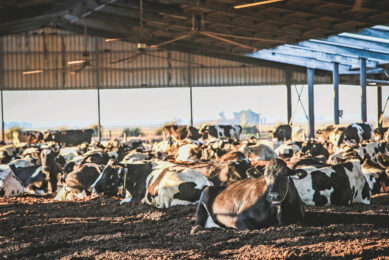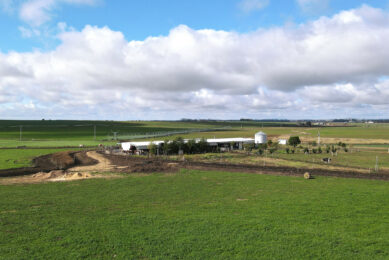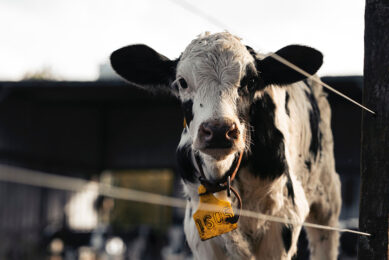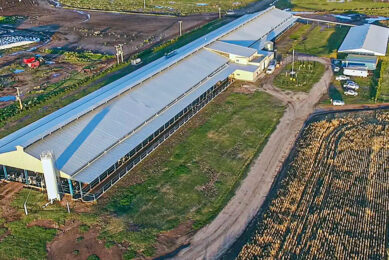Argentina’s economic crisis impacts dairy production
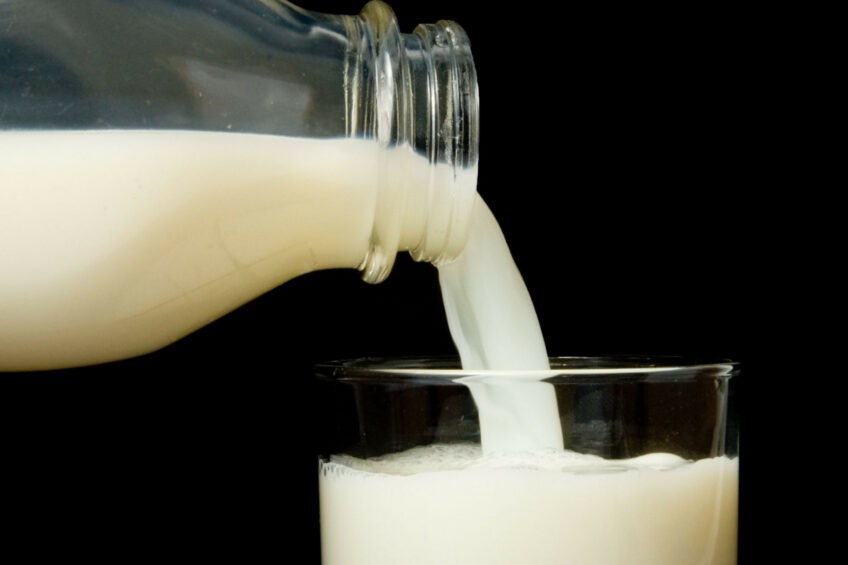
According to a USDA report, Argentina’s dairy industry is facing significant challenges this year brought about by the country’s economic crisis. The combination of inflation in domestic inputs and government-instituted foreign exchange controls, including restrictions on capital outflows and controls on foreign debt payments, is affecting milk production, export competitiveness, and domestic consumption.
Argentina is navigating an economic downturn characterised by recession, diminished purchasing power, and rising costs of essential goods. Local dairy farmers depend heavily on domestically-produced inputs including feed, machinery, and fuel. The policy of removing subsidies from various categories, especially electricity, means the cost of energy has risen faster than inflation and faster than the price of milk, making dairy products more expensive. This economic backdrop has led to decreased sales of dairy products and increased production costs.
On the other hand, the situation is further exacerbated by the lasting effects of last year’s drought that has crept into 2024. Similarly, production costs, primarily feed concentrates, corn and soybean derivatives, were particularly expensive in terms of milk purchasing power during much of 2021 and 2022. Similarly, global droughts and the conflict between Ukraine and Russia have led to a sharp increase in grain prices over the past 2 years.
In 2023, milk producers sustained production by maintaining and increasing herd supplements to compensate for the reduced availability of pastures. However, this decision further complicated their financial situation, resulting in a financial burden for the second semester of 2023 and constant changes in feed purchasing power.
Currency devaluation to promote exports
To promote exports, Argentina has facilitated currency devaluation to make dairy products more competitive in the global market. A weaker peso translates to lower prices for foreign buyers. Exchange rates and inflation were so disadvantageous to domestic producers that it raised significant uncertainty as to whether traders would sit on inventories or if there would be a rush to secure foreign currency, notably in US dollars. As a result of the devaluation, dairy export volumes increased by 10% in the first 5 months of 2024 compared to the same period in 2023. Notably, cheese exports are forecast to rise from 85,000 tons in 2023 to 100,000 tons in 2024.
However, domestically, the economic situation remains challenging. The rise in production costs has led to higher prices for dairy products on the domestic market. With inflation eroding consumer purchasing power, many families are struggling to afford basic food products, leading to a decline in forecast domestic consumption. Domestic fluid milk consumption is forecast to fall to 1.6 million tonnes in 2024, which is 7% below 2023. Falling consumption of all dairy products poses a significant challenge for the industry. Producers must choose between focusing on the more lucrative export markets or continue serving the increasingly price-sensitive domestic market.
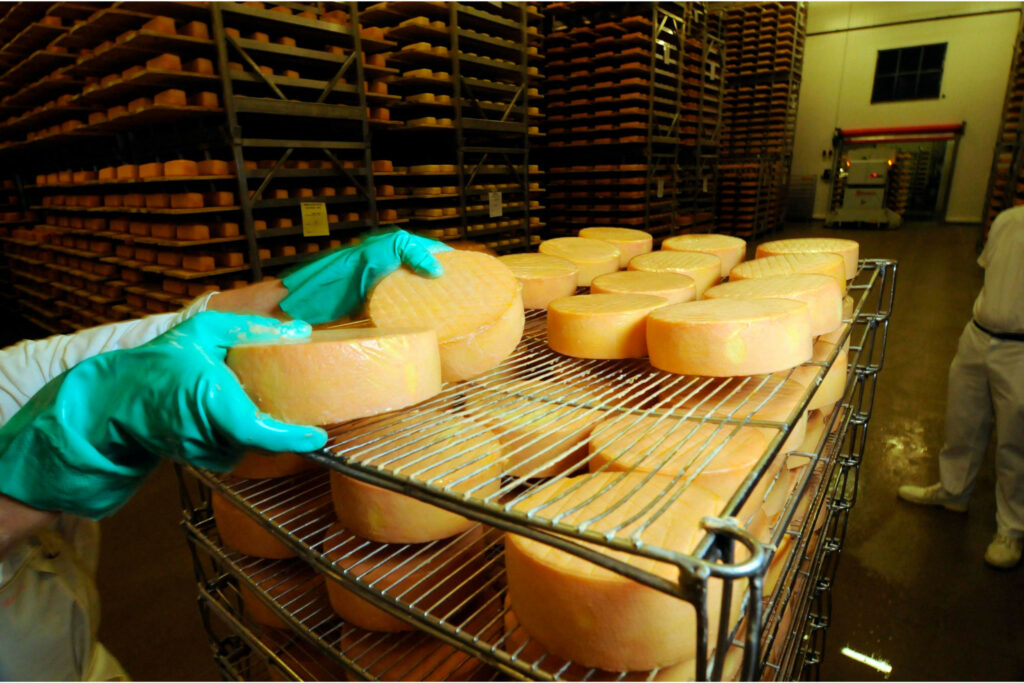
Recurrent decrease in milk production
According to the November 2023 USDA report, 2022 ended with a total output of 11.557,000 mt, which is 0.04% higher than that of 2021. Due to the severe drought, the report forecasts a slight decrease in dairy output, estimating a decline of approximately 1% to 11,441,000 mt in volume by the end of 2023 compared to 2022.
From January through June 2024, Argentina’s milk production fell 13% compared to the same period in 2023. In 2023, milk production totalled 11.7 million tonnes, but this figure is forecast to fall 7% to 10.8 million tonnes in 2024. This decline reflects significant macroeconomic challenges, notably the depreciation of the peso and high inflation rates, exacerbating already elevated production costs.
Producer margins have come under substantial pressure from currency devaluation, which has raised the cost of feed and imported inputs for producers. In addition, reduced herd sizes and lower feed availability further deepen the production declines. The consistent decrease in milk production over the past 5 years highlights the sector’s struggle to maintain output levels amidst rising costs and economic instability.
Government initiatives to boost the dairy sector
The Argentinian government has introduced several measures to support the dairy sector in response to the current challenges. In December 2023, the government reopened agricultural export registrations as part of a broader strategy to boost exports and generate foreign currency revenue. In the same month, the government also introduced a ‘blended’ exchange rate for agricultural exports, which combined the official exchange rate with an unofficial local exchange rate. This approach has provided a more favourable rate for exporters, enhancing their competitiveness in international markets.
However, while these measures to support dairy exports have largely delivered benefits, measures aimed at helping to address inflation have been mixed. Argentina’s consumers are still grappling with annual inflation rates of nearly 300% for food and non-alcoholic beverages, including milk, and the trend is expected to continue, limiting growth in domestic dairy demand.
To further support the dairy industry, the Argentina Secretariat of Agriculture, Livestock and Fisheries announced the 506/2023 decree (in Spanish) on 4 October 2023, which suspends export duties on dairy products and derivatives until 31 December 2023.
Secretary Juan José Bahillo emphasised the government’s “commitment to supporting producers in the face of the fall in international prices” and stated that “this decision will allow them to improve their income levels”. The initiative includes products such as milk powder, different types of milk, yoghurt, whey, butter, cheese, lactose, dulce de leche and ice cream. The Secretary emphasised the importance of this decree on products such as whole milk powder which is Argentina’s main export product and a benchmark for raw milk prices.
On 1 July 2024, the government adopted Decree 557/2024 extending the present measures until 30 June 2025. And finally, on 6 August 2024, the government further published Decree 697/2024 permanently extending the suspension of export tariffs on all dairy products. The policy aims to enhance milk production and processing and stimulate investment in the dairy sector; which would also further strengthen the presence of the country’s dairy products in international markets to boost export revenues.



